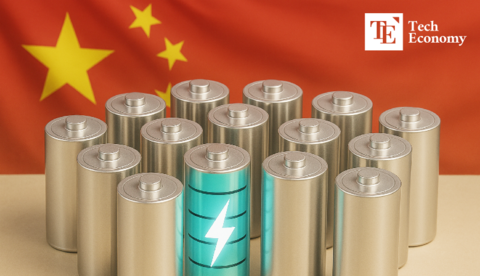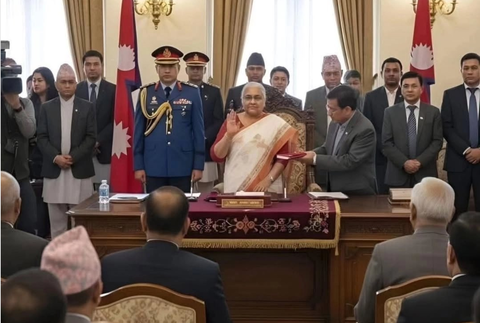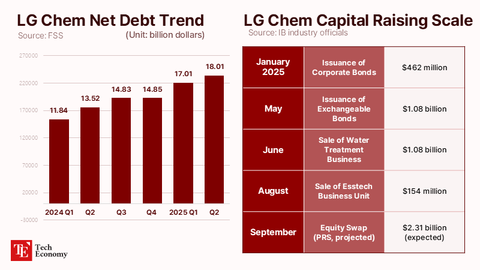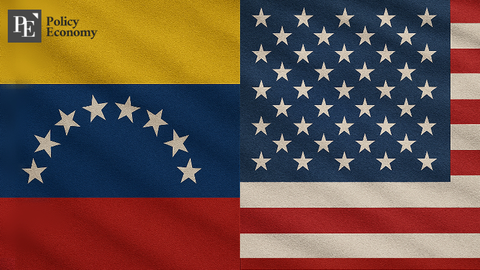Putin’s Calculated Silence: The High-Stakes Gamble in Ukraine Ceasefire Talks
Input
Modified
Putin’s Terms for a 30-Day Peace Putin Holds All the Cards Trump’s Next Move and The Consequences of a Broken Ceasefire
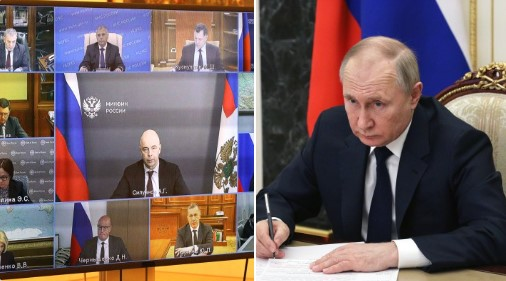
Putin’s Terms for a 30-Day Peace
As the war in Ukraine rages on, Russian President Vladimir Putin has presented a set of demands in exchange for a ceasefire, bringing a momentary pause to the devastating conflict. However, Putin has strategically avoided making his conditions public, fueling skepticism about his true intentions. His reluctance to disclose the terms openly has given him the upper hand in negotiations, leaving Washington, Kyiv, and European allies to navigate a diplomatic minefield with uncertain outcomes.
According to sources, Russia’s demands closely resemble previous ultimatums: Ukraine must renounce its NATO ambitions, foreign military presence must be eliminated from Ukrainian soil, and international recognition must be granted to Crimea and the four annexed regions of Donetsk, Luhansk, Zaporizhzhia, and Kherson as Russian territory. Additionally, Putin insists on broader discussions about NATO’s expansion, framing the war not as an aggressive invasion but as a defensive maneuver against Western encroachment.
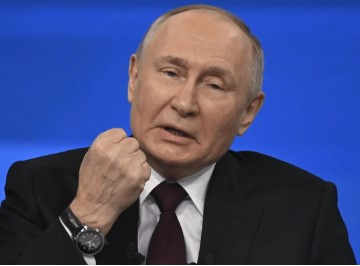
Putin Holds All the Cards
Yet, despite this apparent willingness to negotiate, Putin has refused to formally publish these demands. His silence allows him to maneuver diplomatically without committing to any binding conditions, maintaining flexibility while applying psychological pressure on U.S. President Donald Trump and NATO leaders. Without public scrutiny, Putin can revise, retract, or manipulate his conditions to suit his strategic goals at any given moment. This approach also grants him a bargaining advantage: he forces the West to make concessions first while ensuring he remains unburdened by explicit commitments.
By keeping his demands behind closed doors, Putin controls the pace of the negotiations and the narrative around them. He projects the image of a leader willing to engage in diplomacy while still holding all the leverage. Trump, who has long prided himself on being a master dealmaker, now finds himself at the mercy of a seasoned tactician who dictates the terms of engagement. The longer Putin delays publicizing his conditions, the more he can test the patience of Western allies and gauge how much they are willing to compromise.
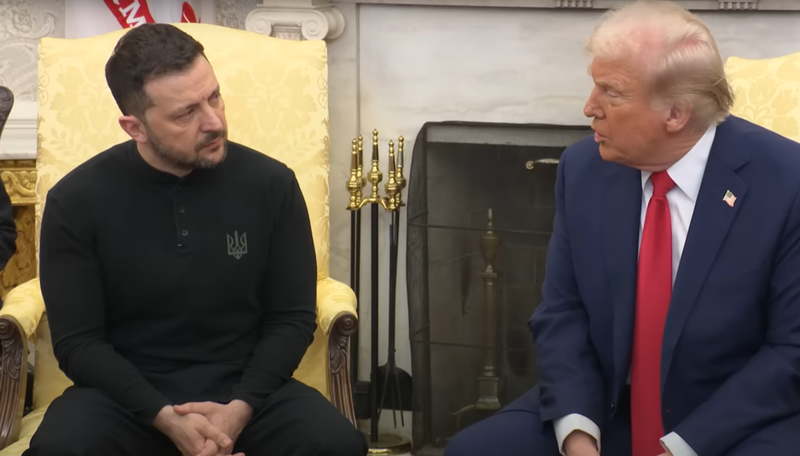
Trump’s Next Move and The Consequences of a Broken Ceasefire
However, this brinkmanship may come at a cost. If Putin refuses to accept Trump’s proposed 30-day ceasefire, the consequences could be severe. While Trump initially suggested he could end the war in 24 hours—a claim he later admitted was partially sarcastic—his administration is increasingly considering aligning with Ukraine and the European Union should Putin reject the truce. This shift would mark a significant escalation in Western support for Kyiv and could usher in a more aggressive stance against Moscow.
Trump’s foreign policy strategy has often been unpredictable, but one thing is certain: he values strength. Should Putin dismiss the ceasefire proposal, Trump may find himself compelled to reinforce U.S. backing for Ukraine, not just diplomatically but with an even larger military aid package than before. In a bid to maintain Western unity, the U.S. could push for unprecedented military assistance to Ukraine, including long-range missiles, advanced air defense systems, and a surge in economic aid that could significantly alter the battlefield dynamics.
European allies, wary of Putin’s games, are already indicating their willingness to double down on their support for Ukraine. France, Germany, and the United Kingdom have urged Russia to agree to the ceasefire without delay, warning of severe economic repercussions if Putin rejects the proposal. The EU’s stance is firm: should Moscow continue its aggression, sanctions will be expanded, military assistance will increase, and diplomatic relations with Russia will deteriorate further.
Complicating matters further is China’s role in the geopolitical equation. Trump has signaled his intention to pressure Beijing into distancing itself from Russia, leveraging economic measures and diplomatic tactics to weaken Putin’s external support. If the ceasefire talks collapse, the U.S. may introduce a new wave of sanctions targeting Chinese companies that provide indirect support to Russia, further isolating Moscow from global trade. By tying Russia’s fate to China’s economic interests, Trump seeks to corner Putin into a position where continued war becomes a liability rather than an asset.
For Putin, this ceasefire proposal is not just about battlefield tactics—it is about ensuring his political survival. If he rejects the offer outright, he risks triggering a Western response more potent than anything seen thus far. The potential for increased U.S. military aid, tougher sanctions, and economic isolation could erode Russia’s ability to sustain its war effort in the long run. Moscow’s economy, already under strain, could face further instability, leading to growing discontent among Russian elites and the general population.
Conversely, should Putin accept the ceasefire, he must measure the risk of appearing weak in the eyes of his domestic audience. Having portrayed the invasion as a necessary step to counter Western expansion, backing down now could damage his credibility. However, if he is pragmatic, he might view this as an opportunity to negotiate a face-saving exit strategy—one that allows him to claim victory while preventing further damage to Russia’s long-term stability.
As the world watches with bated breath, Putin’s decision in the coming days will determine not just the fate of Ukraine but also the trajectory of global geopolitics. If he chooses war over diplomacy, he may find himself facing an emboldened and unified West, armed with greater resolve than ever before. But if he chooses to take the ceasefire seriously, he could carve a path toward a resolution that mitigates the cost of Russia’s prolonged aggression. In the end, the weight of history now rests on Putin’s shoulders—and the world waits to see whether he will gamble or concede.

